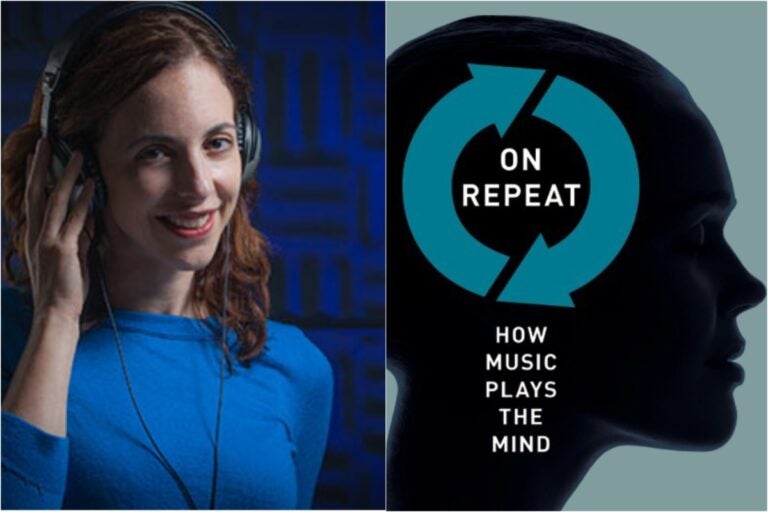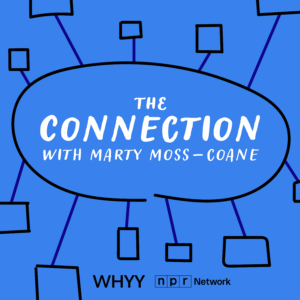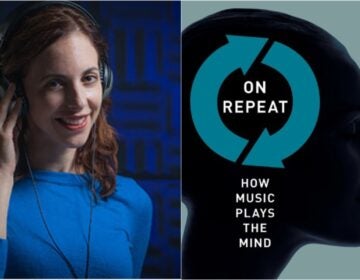Music on our minds: how music affects our memories and emotions
Princeton professor Elizabeth Margulis explains why music can affect our mood, transport us to another time and place, and connect us to others.
Listen 50:23
(Elizabeth Margulis, photo credit, Russell Cothren)
There are songs that can transport us to memorable moments from our past, especially from our adolescence. Those memories are often vivid, conjuring up intense feelings about a first love, a broken heart, a shared experience with friends. Music, even just a few notes, has a way of unlocking forgotten events and relationships, creating a soundtrack for our lives.
Our guest this week is Elizabeth Margulis, director of The Music Cognition Lab at Princeton University. She joins us to discuss why music can transport us and connect us to others, how different cultures shape our taste in music, and how melodies affect our mood. We’ll also talk about why some tunes can get stuck in our head, why repetition is central to music, where music is stored in the brain, and how music can unlock language for people with aphasia.
WHYY is your source for fact-based, in-depth journalism and information. As a nonprofit organization, we rely on financial support from readers like you. Please give today.






